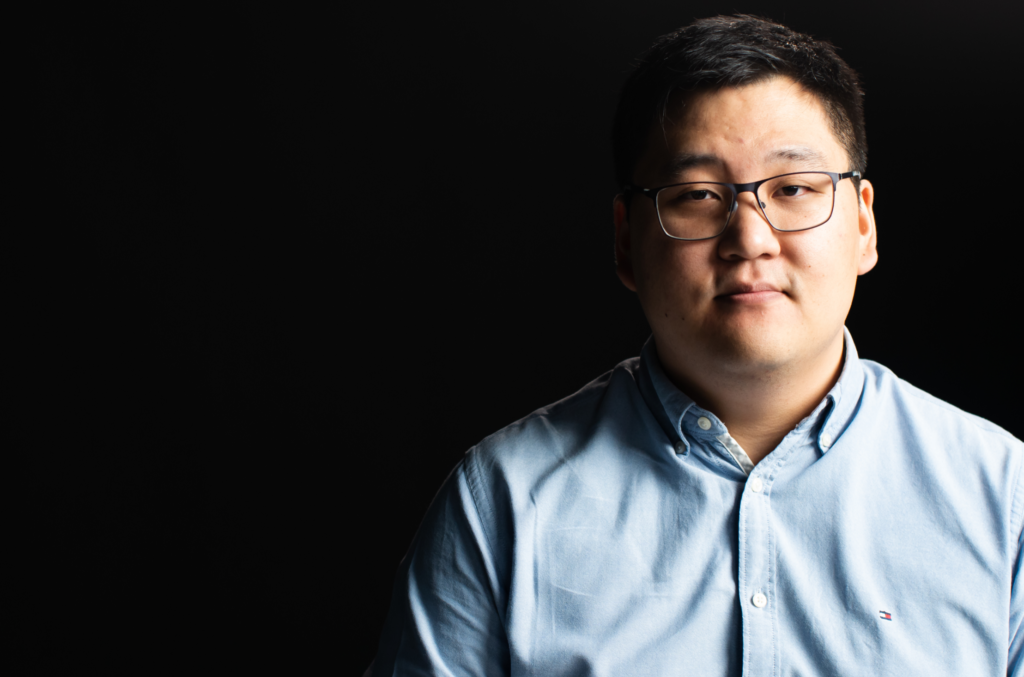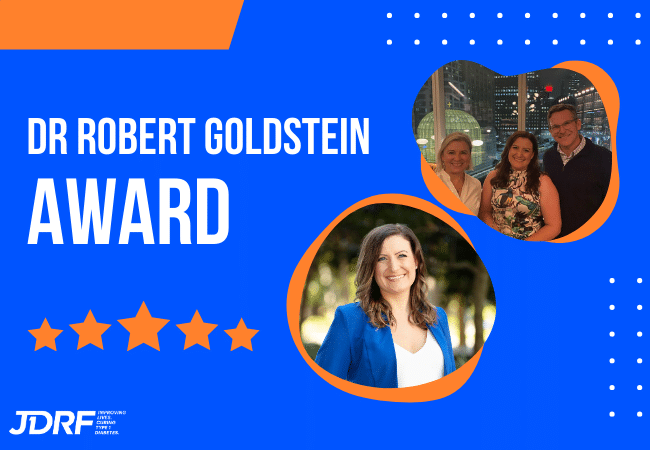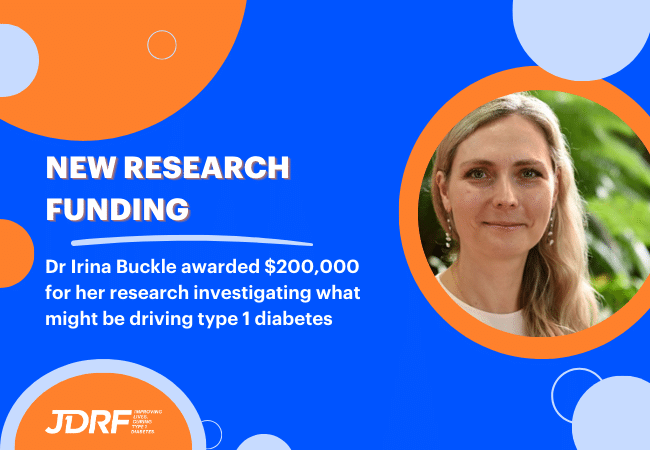Hope for the future: Developing a vaccine against T1D

This year marks 100 years since the development of insulin…but as World Diabetes Day approaches and the type 1 diabetes (T1D) community reflects on this momentous anniversary, JDRF Australia isn’t looking back. We’re looking forward with optimism and energy.
…and research is what fuels our hope for the future.
Dr. Ki Wook Kim, the lead postdoctoral research scientist for the Virology theme of the ENDIA clinical trial, is focusing on a promising area of type 1 diabetes research. Dr Kim’s work aims to uncover the link between viruses and T1D.
“The ultimate goal is to help develop vaccines to prevent T1D, as well as antiviral therapeutics to potentially treat people already diagnosed with T1D”
As part of ENDIA, Dr Kim is looking at whether early infection by viruses during pregnancy and infancy increases the risk of developing T1D. ENDIA is a nationwide study involving 1,500 mothers and infants with a first degree relative with T1D. Dr Kim is looking at all the viruses women are exposed to during pregnancy, to see if this affects the chance of their child developing T1D.
When asked about how his research can help people, Dr Kim says “the ultimate goal is to help develop vaccines to prevent T1D, as well as antiviral therapeutics to potentially treat people already diagnosed with T1D”. By finding which specific types of viruses are associated with the development of T1D, researchers will have a better idea of where to focus their efforts for vaccine development. It could be the first vaccine in the world available for T1D!
“With technology and medicine advancing more rapidly than ever, there is enormous potential for earlier detection of individuals at risk of T1D…”
Dr Kim is hopeful when asked about what to expect in future treatments and technology for people living with T1D. He says ‘with technology and medicine advancing more rapidly than ever, there is enormous potential for earlier detection of individuals at risk of T1D…’ Leading back to his research, he says ‘This early detection gives us the opportunity to intervene, including by preventing viral causes of T1D through the use of vaccines and antiviral drugs – which I feel that we’re really at the cusp of achieving!’.
Research such as the work Dr Ki Wook Kim is doing enables the type 1 diabetes community to have hope and know that the best scientists in the world are working towards the next big breakthrough, and as Dr. Kim puts it, to ”ultimately end T1D”.




